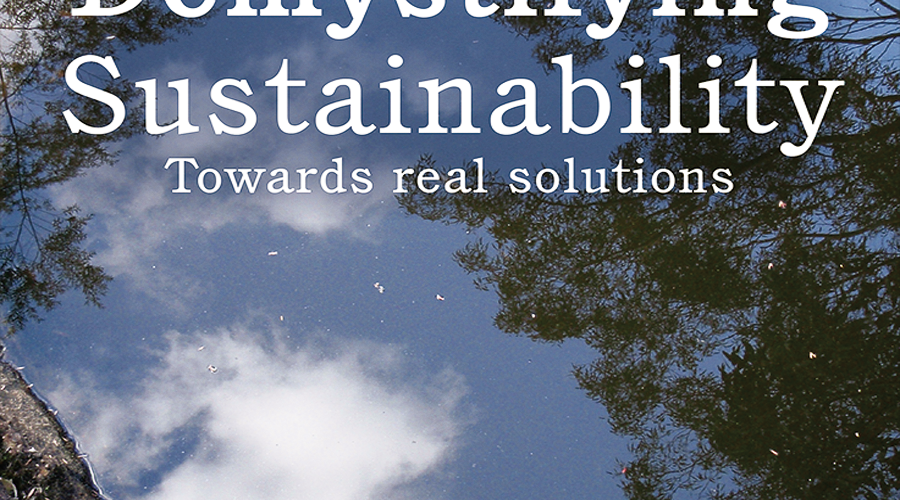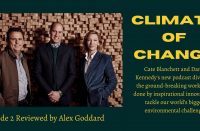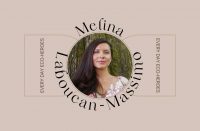In their endorsement of Demystifying Sustainability, Paul and Anne Ehrlich state, “Sustainability may be the most important … and most misused word in our language. This brilliant, deep, accurate, well-referenced book should do wonders to rectify that. It should be required reading for every high-school student, CEO and politician.” I would also add all scientists, engineers and academics.
In his latest book, Haydn Washington clearly documents and discusses the value and limitations surrounding the development of our understanding (and misunderstanding) of sustainability, as well as the initiatives and agreements it has spawned. He argues for ecological sustainability rather than sustainable development, which he believes has been co-opted and compromised by those who want to maintain growth and “business as usual” in the face of ecological and resource limits.
The author clearly explains economic, ecological and social sustainability and the relationships between them, along with the multiplier role of population. He also discusses the importance of ethics, a sense of wonder, and the need to nurture these, especially in children.
The role of denial is a key obstacle to necessary personal and cultural transformation. This is an important area requiring much greater understanding than it is commonly given. Firstly, denial is largely subconscious – so, denial of the denial is the norm! Secondly, this characteristic paradoxically has positive origins as a part of our survival strategy. However, over time it becomes both personally and culturally maladaptive.
In all of these areas, Washington provides the data and explanations the reader needs to make wise and responsible decisions, both personally and politically, and to get started in initiating effective action.
In addition to providing many valuable lists of things we need to do, he puts forward nine “solutions” – really nine areas with specific suggestions for action – that must be central to the development of an integrated program for fundamental and progressive change.
Washington’s argument is that since at least the dawn of agriculture, our species has been undermining life-enabling ecological processes and destroying ecosystems and the species within them. Now, as a result of a number of interrelated “cultural maladaptations,” we face a major crisis of unsustainability – the system is seriously broken and in need of healing. This unsustainability is being caused particularly by:
- Our political and business commitment to endless growth in production and consumption despite living on a planet with finite resources, many of which have already passed the peak in possible extraction.
- Our perception of ourselves as special and not subject to the same bio-ecological limits that affect other species. In fact, because we evolved (and are continuing to evolve) within the same ecosystems as other species, we are subject to essentially the same limits. Furthermore, because we are part of nature, Washington argues (along with the deep ecologists and ecocentrists) that we should regard and treat nature as a whole system having intrinsic value – and rights – rather than being selectively treated as just a resource, having only utilitarian value.
- The low level of interest in, and understanding of, bio-ecological processes by most of the population, particularly in the most industrialized countries. Many of those who claim to advocate sustainability have an increasingly narrow view of it. They tend to neglect its essential qualitative aspects, such as caring for and love of nature, responsibility, ethics, beauty, harmony and the sacredness of nature (what Washington characterizes as the “old, strong” sustainability). They instead focus on quantitative measures, such as carbon footprints, resource use, pollution, waste production and environmental impact (the “new, weak” sustainability).
- And finally, the driving forces and associated confusions of modernism, postmodernism, social constructivism, anthropocentrism, Cornucopianism, mechanistic materialism, neoliberalism and market forces. Washington clearly explains all of these, and many more, relevant terms.
This book does not aim to provide technical information on how you and I could live sustainably. Rather it provides us with the essential information to, firstly, no longer say we don’t have enough information to act, and secondly, to get started, alone and with others, in making genuine progress toward truly living sustainably.
This is Washington’s sixth (and I consider best) book on the environment, following: Human Dependence on Nature, How to Help Solve the Environmental Crisis (2012), Climate Change Denial: Heads in the Sand (2011), The Wilderness Knot (2009), A Sense of Wonder (2002), and Ecosolutions: Environmental Solutions for the World and Australia (1991)
Demystifying Sustainability: Towards Real Solutions by Haydn Washington, London: Routledge, 2015, 222 pages. Reviewed by Stuart B. Hill.
Reviewer Information
Stuart B. Hill is an ecologist Foundation Chair of Social Ecology and emeritus professor at the University of Western Sydney and an A\J contributing editor. For 27 years, he was a professor at McGill University, where in 1974 he established Ecological Agriculture Projects, one of the first institutes of sustainable agriculture within a university.













